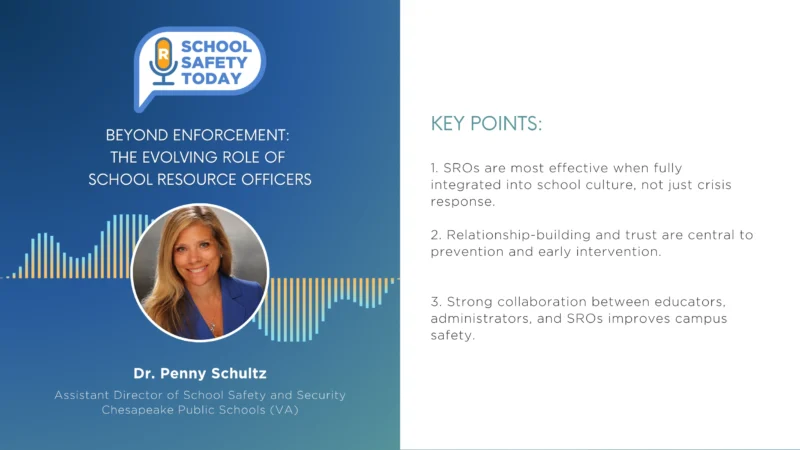Robots in the Classroom and on the Red Planet
For most of us reading this, it’s been a minute since we’ve attended middle school. Naturally, you’d imagine the textbooks currently in use have been updated over the years. This is not always the case.
In today’s episode of the EdTech podcast, Jim Christensen, executive director of the ShareSpace Foundation, explained what’s changed and what hasn’t inside America’s elementary schools.
One of Christensen’s indelible memories during his tenure as a middle school teacher was teaching language arts with the same textbook he used as a child. The experience helped him realize that he would succeed as an educator by teaching children to think, not to test. And young students can mature their thinking skills through collaboration.
“Kids want to do things together, they want to work together,” he said.
While some of the educational materials may still be the same, Christensen reminded listeners that many of today’s students now have computers and even robots in the classroom.
He described a hopeful future of integrating robots with augmented reality technology, like the innovative technology provided by Boxlight, to allow students to learn differently. And in his opinion, robots can be used beyond STEM classes.
“I’d like to get [robots] across the curriculum,” Christensen said.
Christensen, the former director of education at the Kennedy Space Center Visitor Complex, sees robots as also being crucial to future missions to Mars. He believes our species will rely on machines for recon, to build bases before humans arrive, and to operate them as well.
He’s spoken with and continues to speak to thousands of children each year and said that they’re endlessly curious about life on other planets.
“I challenge kids to come up with a tour they’d give on Mars,” Christensen said.
The mental exercise activates their imagination, teaches them about the Red Planet, how to make presentations, how to make maps, and above all, it teaches them how to think.
For the latest news, videos, and podcasts in the Education Technology Industry, be sure to subscribe to our industry publication.
Follow us on social media for the latest updates in B2B!
Twitter – @EdTechMKSL
Facebook – facebook.com/marketscale
LinkedIn – linkedin.com/company/marketscale








